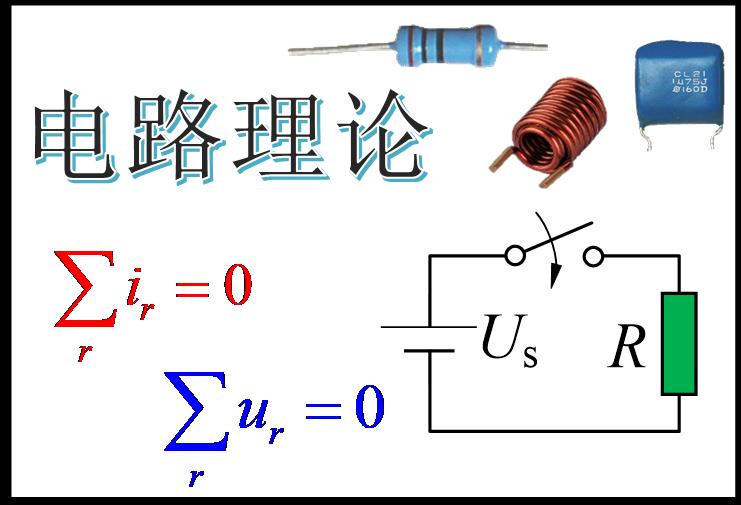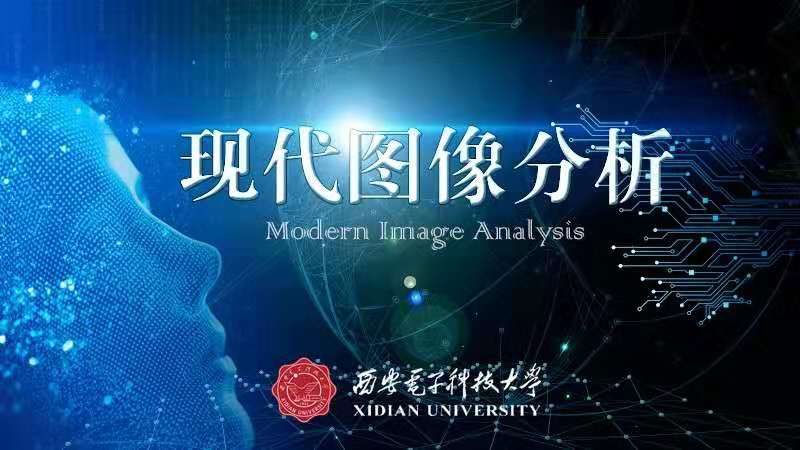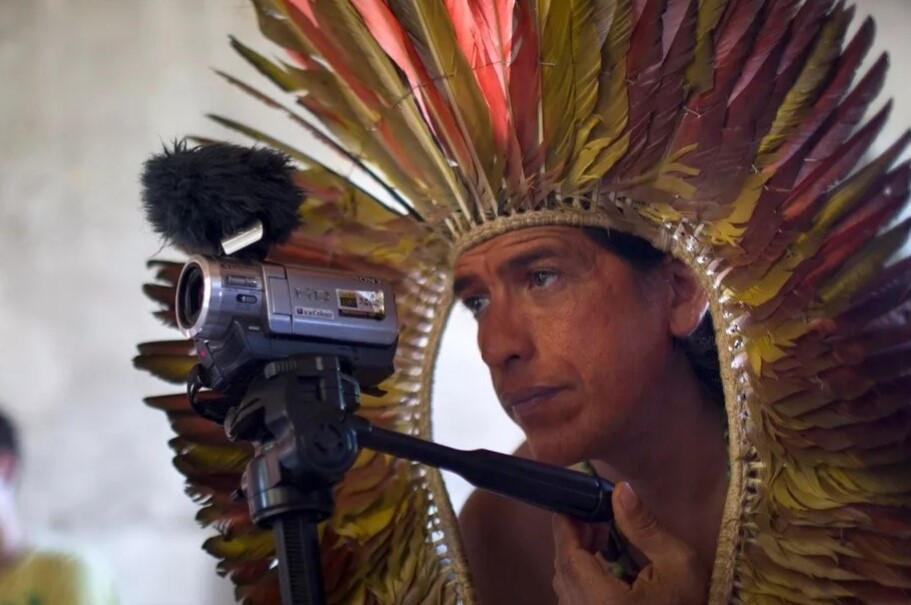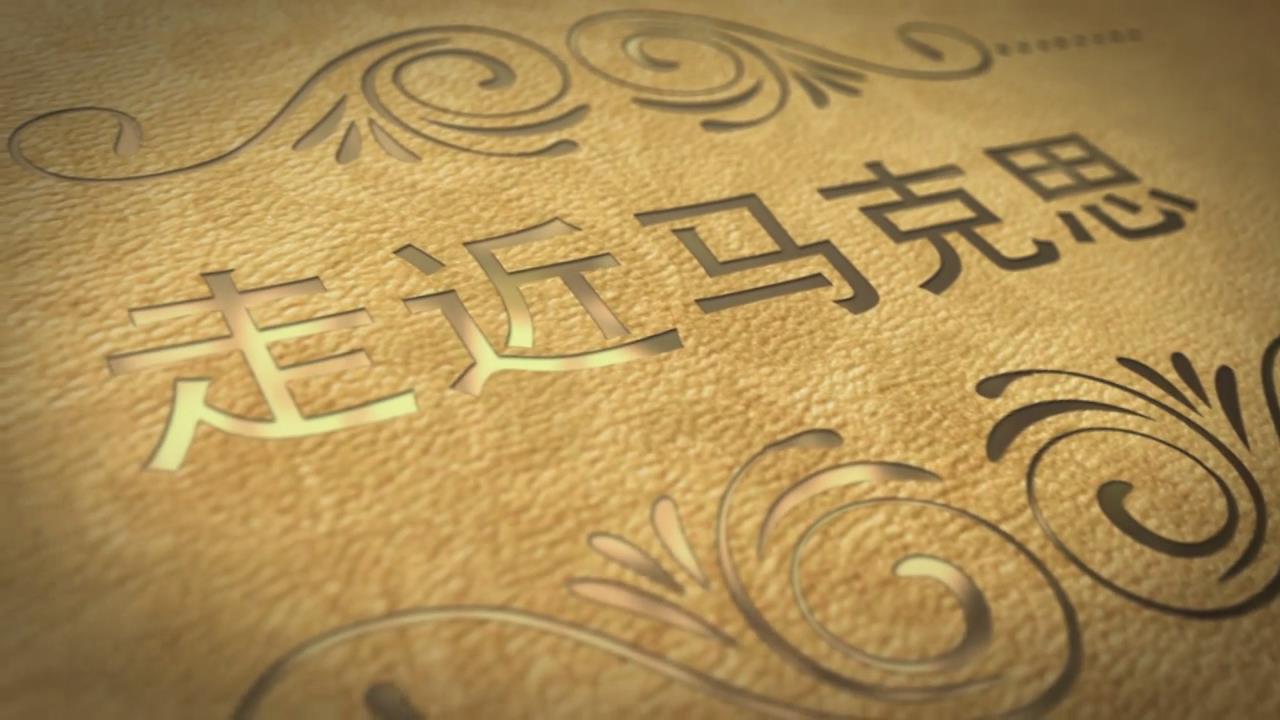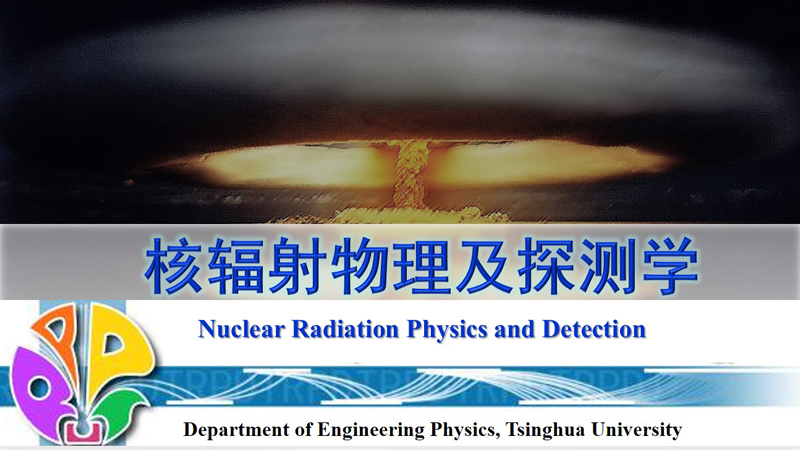
当前课程知识点:Hospitality English > 1 THE NATURE OF TOURISM BUSINESS > 1.1 Hospitality and Tourism > 1.1.5 Basic conception of tourism (2)
返回《Hospitality English》慕课在线视频课程列表
In this video, you will focus on the conception of ecotourism and market segmentation. Can you define ecotourism and explain its conception? What is market segmentation? Can you illustrate some typical segments of tourism? Please explain the significance of the conception you have learned.
返回《Hospitality English》慕课在线视频列表
生态旅游 是一项早在上世纪 80 年代就开始的活动
(Ecotourism)是最早也是最常用于该项活动的词
自然旅游 绿色旅游
低影响旅游 探险旅游 替代旅游
环境保护 共生发展
责任旅游 软旅游
适当的旅游 高质量的旅游 新的旅游
可持续发展和可持续的旅游
都是相同种类的旅游活动和发展的名称
生态旅游和可持续性是最经常被使用的词汇
两者的原则都是保持甚至提高
自然环境的质量和吸引力
旅游业作为一个整体 应采取更多的环保做法
保护目的地的自然和文化遗产
并支持当地社区的发展
生态旅游现在被定义为
负责任的自然地区旅行 保护环境
维持当地人民的福祉
并进行解说和教育(TIES 2015 年)
教育的目的是让工作人员和顾客都能接受教育
如今 太平洋亚洲旅游协会(PATA)将生态旅游定义为:
一种主要由一个地区的自然历史
包括其本土文化引发的旅游形式
生态旅游者以欣赏 参与和感受的心态来访问相对未开发的地区
生态旅游者以欣赏 参与和感受的心态来访问相对未开发的地区
生态旅游者对野生动物和自然资源进行非消耗性利用
并通过劳动或经济手段对所到之处做出贡献
其目的是使一般的保护问题
和当地人的具体需要直接受益
生态旅游还意味着东道国或地区采取管理办法
承诺在当地居民的参与下建立
和维持旅游景点
适度营销 执行规章制度
并利用企业的收益
为该地区的土地管理和社区发展提供资金
生态旅游就是要把保护 社区和可持续旅游结合起来
这意味着实施
参与和营销生态旅游活动的人
应采取以下生态旅游原则
尽量减少身体 社会 行为和心理的影响
培养对环境 文化的意识和尊重
为游客和东道主双方提供积极的体验
为保护工作提供直接的经济利益
为当地居民和私营企业创造经济利益
为游客提供难忘的解说体验
帮助游客提高对东道国政治 环境和社会的感知度
设计 建造和运营低影响设施
承认所在社区人民的权利和精神信仰
并与他们合作 赋予他们权力
旅游业是一个动态的 竞争激烈的行业
需要有能力去适应顾客不断变化的需求和欲望
因为顾客的满意
安全和享受是旅游业务的重中之重
在几乎任何行业
那些在业务上采取强烈的营销导向的供应商
都关注他们的顾客以及顾客的需求
以便最有效地向他们提供产品
专家们提出了市场细分一词来描述这一概念
最好挑选出特定的人群
这样就有可能用特定的产品来锁定目标市场
并以个性化的方式进行营销
这正是大多数成功的旅游产品供应商所做的
市场细分的类型
首先 地域划分
它指的是将市场划分为不同的地理单元
按照国家 州 地区 县 城市和社区
人口学细分是指根据人口学变量将市场划分为不同的群体
人口学细分是指根据人口学变量将市场划分为不同的群体
其中包括年龄 性别 收入 职业
心理学细分是指将买家分为不同的群体
按照社会阶层 生活方式和个性特征
行为细分
利用这种方法 将买家分为不同的群体
根据他们对产品的知识 态度 使用或反应
市场还可以根据特殊情境来划分
如所追求的利益 用户状态 使用率 忠诚度状态 买方准备阶段
到目前为止 我们已经回顾了一些旅游的基本概念
你印象最深的是哪一个
请概括其主要内容 并表达你的理解
第一部分到此结束
感谢您的聆听
-1.1 Hospitality and Tourism
--1.1.1 Introduction of hospitality
--1.1.2 Introduction of tourism (1)
--1.1.3 Introduction of tourism (2)
--1.1.4 Basic conception of tourism (1)
--1.1.5 Basic conception of tourism (2)
-1.2 Tourism Industries
--1.2.4 Convention & exhibition
--1.2.5 Entertainment & recreation
-1.3 Nature of Tourism Businesses
--1.3.2 Characteristics of hospitality
--Week 1 Quiz
-2.1 Basic Approaches and Etiquette of Hospitality
--2.1.1 Basic approaches and etiquette of hospitality
-2.2 Meet and Greet at Accommodations
--2.2.3 Know how to offer more
-2.3 Meet and Greet at Other Situations of Hospitality
--2.3.1 At transportation services
--2.3.3 At conventions and exhibitions
--2.3.4 At entertainment and recreation situations
-2.4 Communication Skills of Online Travel Agency
--2.4.1 Communication skills of online travel agency
--Week 2 Quiz
-3.1 Culture and Communication
--3.1.2 The characteristics of culture
--3.1.3 What is communication?
--3.1.5 Myths of communication
-3.2 Barriers to Cross-cultural Communication
-3.3 Cross-cultural Communication
--3.3.2 Cross-cultural verbal communication
--3.3.3 Hofstede's cultural dimensions (1)
--3.3.4 Hofstede's cultural dimensions (2)
-3.4 International Practice in Cross-cultural Communication
--3.4.1 International practice in cross-cultural communication
--Week 3 Quiz
-4.1 Getting to Know Tourism Literature
--4.1.1 Significance of tourism literature
--4.1.2 Proper way to choose for reading
-4.2 Capturing the Main Ideas
--4.2.1 Starting with the title & abstract
--4.2.2 Following the structure to focus
--4.2.3 Identifying topic sentences
-4.3 Accumulating Idiomatic Expressions
--4.3.1 Expressions of defining & categorizing
--4.3.2 The extensive use of passive voice
-4.4 Summarizing Reading & Thinking
--4.4.1 Writing a summary of your readings
--4.4.2 Taking notes of your thinking
--Week 4 Quiz
-5.1 What Is A Literature Review
--5.1.1 The definition and types of literature review
--5.1.2 Systematic approaches of literature review
-5.2 Collection and Analysis of Literature
--5.2.2 Methods of literature collection
--5.2.3 Analysis of literature
-5.3 Content of Literature Review
--5.3.1 Concepts, propositions, and theories
--5.3.2 Conceptualization and theoretical framework
--5.3.3 Operationalization of the research framework
-5.4 Evaluate Your Literature Review
--5.4.1 Evaluation of your literature review
--Week 5 Quiz
-6.1 Basic Structure of MTA Thesis/Project
--6.1.5 Reference and acknowledgement
-6.2 Stages of Completing a Thesis
--6.2.1 Thesis initiation stage - research design
--6.2.2 Thesis initiation stage -research methodology(1)
--6.2.3 Thesis initiation stage - research methodology(2)
--6.2.4 Thesis initiation stage - research proposal
--6.2.5 Thesis writing and completion stage
-6.3 Essentials in Managing a Successful Thesis
--Week 6 Quiz
--Final Quiz
